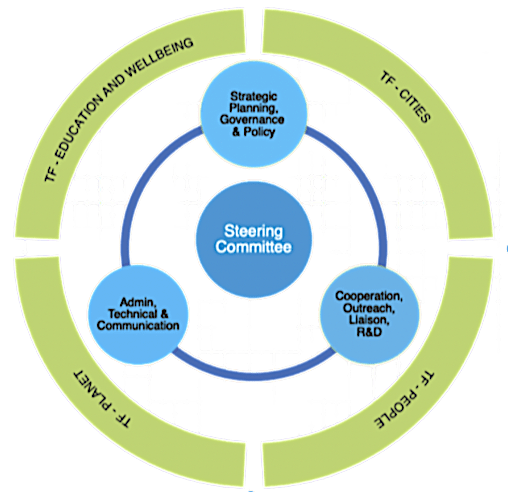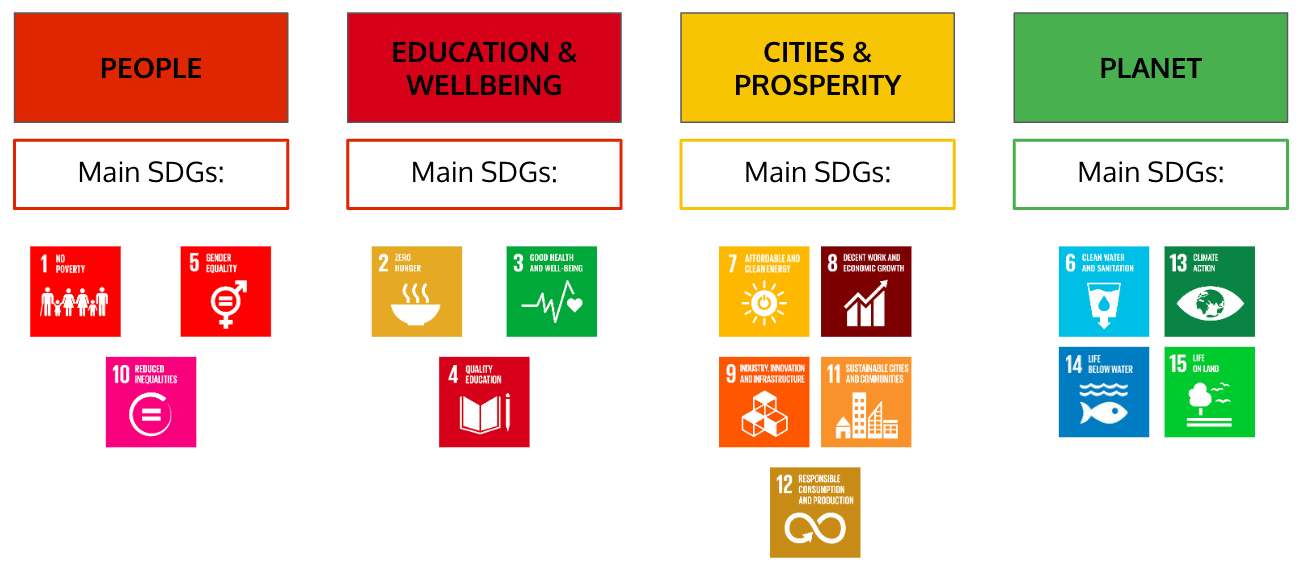Governance


Guiding Principles
The Guiding Principles were defined by the appointed Steering Committee to reflect the Vision, Purpose and Values of the RCE Americas Network in its mission to foster ESD by 2030 at the local, regional and continental levels.
IS NOT VISIBLE
RCE Autonomy and accountability to regional stakeholders
Capacity to advance local priorities
Academic freedom as a core value
Collaborative resources derived from individual RCEs and partners and managed locally
RCE freedom to decide to participate in collaborative projects
Representation of RCEs is on behalf of RCEs agreeing to be represented or as informed by Commitments of the UN University on ESD
Americas network serves RCSs – service leadership
RCE Authority derived from UNU acknowledgement
RCEs are self-sustaining & derive resources from own regions
RCEs reporting and accountability beyond own region is to the UN University program parameters and whatever they agree to
Collaboration and Cooperation
Reciprocity
Voluntary participation
Resource sharing
Multilingualism
Equality
Capacity building
Community engagement
Shared leadership
Inclusion and Participation
Recognition of, respect for, celebration of, and strengthening of broad multiculturalism of the Americas
Close Accordian
Governance Structure
The governance structure for the RCE Americas Network was designed through a collaborative process by the members of the appointed Steering Committee members in 2019. It provides a solid, focused and yet flexible arquitecture to address and develop the commitments and capacities necessary to acomplish its purpose and vision based on its clear values for ESD to flourish at the continental level by 2030.
It’s comprised by a steering committee, three support committees and four task forces, each with specific scopes and responsibilities.

Steering committee
1. Oversight of the RCE Americas Network
2. Implement the mission based on the purpose and principles.
3. Co-organization of Annual Americas Meetings Agenda and development with respect for local hosts.
4. Representation, Collaboration, and Participation of the RCEAN and other RCEs in third party conferences.
5. Coordination of data collection and reporting.
6. Accountable to quarterly RCE gathering/annual meeting.
7. Budget Oversight and coordination
8. Identifying network priorities
Support committees
1. Defining and developing its relevant scope.
2. Defining its metrics and KPIs.
3. Define Management and collaboration tools
4. Arrange and carry out its meetings
5. Supplying the steering committee with relevant information in line with its scope.
6. Reporting
Task forces
1. Defining and developing its relevant scope.
2. Definition of goals, strategies, programs, projects, etc.
3. Definition of its metrics and KPIs.
4. Define Management and collaboration tools
5. Meetings
6. Supplying the support committees with relevant information in line with its scope.
7. Reporting

